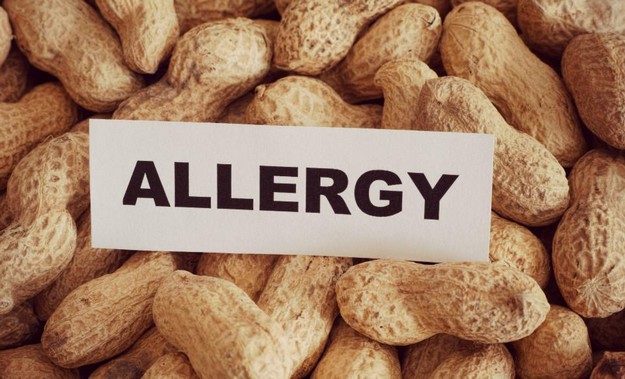Early treatment increases the chances of curing peanut allergy; Study suggests it is possible to cure the allergy with the help of exposure therapy. A recent research has revealed that there are more chances of a better outcome if a child is treated for peanut allergies in during an early stage.
The same study further revealed that the treatment can begin even before the child has attained the age of one year. This is because the automatic allergy program of the body hasn’t been matured by that time.
The treatment is known as exposure therapy or oral immunotherapy. In this procedure, children who have been diagnosed with peanut allergy are deliberately exposed to peanuts.
During the allergy treatment a tiny amount of peanut is administered by the medical practitioner to the child. This allows the allergic response of the child’s body to lessen automatically.
The lead Study author of the research is Dr. Wesley Burks. Dr. Burks says that if a person has peanut allergy, treatment in early stages of life can offer a long term benefit after it has been stopped.
The study was carried out with the help of 37 children. The range of their ages was between 3 to nine years. These children were either administered with high or low amounts of peanuts on a daily basis.
The procedure continued for 29 months. A wide majority of these children–almost eighty percent–could eat peanuts and peanut containing food without encountering an allergy.
These 37 children, who were part of the research, were compared with more than 150 other children who were allergic to peanuts. Those children who had been through the therapy consumed peanuts without a single problem.
There is another benefit of early peanut allergy treatment—it decreases gastrointestinal symptoms. If the child is older, there are chances that he might have some stomach related problems when he is going through therapy. There were no such problems encountered by children belonging to the younger age group.
It is now a known fact that exposure therapy is very useful for minimizing allergies related with peanuts; however, it must be carried out by a doctor or under the supervision of a certified medical practitioner. This should not be done a layman who is unaware of proper medical procedures.
The research comes at a time when the levels of allergy are soaring dramatically. It has been found out that the number of peanut allergies have increased four times within the US since 2008. The same pattern can also be found in other Western countries.

